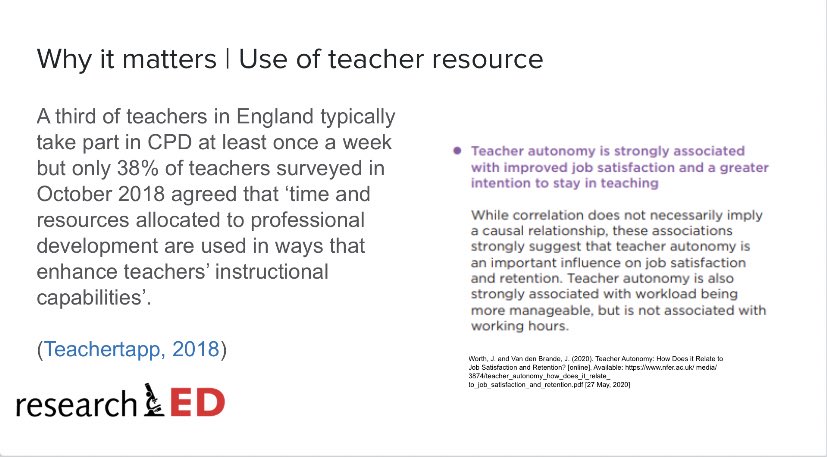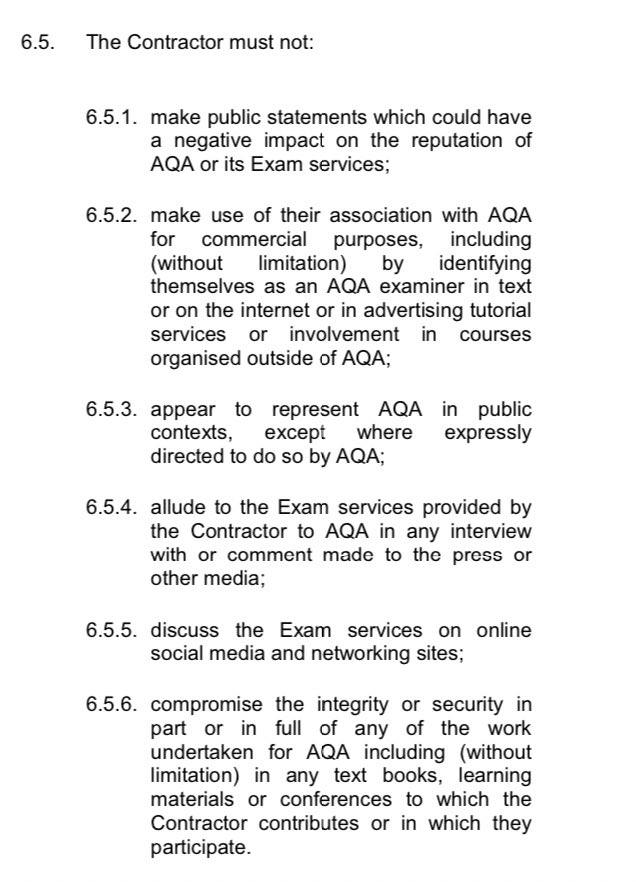
There are a great deal of fads and lethal mutations hanging around as a result of curriculum development. Generic approaches to pedagogy that disregard subject specificity for instance. It not only dilutes the offer for pupils, but leads to a huge disconnect for teachers. 

Whilst the substance of what we teach is critical (and in some subjects, highly contestable), it’s key to consider the how and why of curriculum as a point of fragility for curriculum development over time.
The connection between what we know about implementation as a framework and how we implement curriculum are sometimes a little disjointed. If we do our groundwork in the earlier stages, would enable more purposeful work later on at the point of enactment and ongoing evaluation. 

How often have all of us:
- taught something without knowing why?
- taught new curr content without adequate PD beforehand?
- taught something without knowing what’s come before or where it leads to?
And most importantly, talked to colleagues at each one of these stages ..
- taught something without knowing why?
- taught new curr content without adequate PD beforehand?
- taught something without knowing what’s come before or where it leads to?
And most importantly, talked to colleagues at each one of these stages ..
Who are doing EXACTLY the same thing.
Senior leaders have a duty of care to create the conditions for subject leaders to be able to even think about all of this and work with their teams. 

Having a shared purpose and shared language so we are talking about the same thing in the same way. We should aim not to be alienating, but so that when I say purple hedgehog, you don’t think I mean orange squirrel. We’re all working on the same thing. 

Poor climate is a killer for curriculum. We can’t say it’s important and then fail to acknowledge that subject leaders with support of subject experts should be empowered to make decisions around what makes for effective curriculum delivery and design for their subject. 

And time. Is that meeting schedule in place because it’s useful or habitual? Consider where subject teams are accessing PD that will enable them to teach that subject effectively (autonomy comes as a result of clarity and time, not free styling) 

It’s pretty important- for pupil outcomes and staff retention. Ok! So-
How do we support subject leaders to engage with meaningful curriculum development?
How do we support subject leaders to engage with meaningful curriculum development?

- encourage subject leaders to interrogate their curriculum offer and consider what they are working towards and why. At a macro level, this might be ‘what does it feel to be a pupil in your subject?’ Or ‘what do pupils learn and why?’ Or ‘what concepts appear across your curr?’
At a smaller scale,
- what are year eight studying this term?
- how does it connect to what’s coming before or at a later point?
- what misconceptions do pupils normally present at this point?
- what are pupils working towards as an indicator of what they have learned?
- what are year eight studying this term?
- how does it connect to what’s coming before or at a later point?
- what misconceptions do pupils normally present at this point?
- what are pupils working towards as an indicator of what they have learned?
(Not exhaustive, only a sample, not a thread, only a thesis- although seriously reconsidering my life choice to not just blog but we’re here now, so I’ll continue…)
Then subject leaders can consider:
- do the team know those misconceptions? Connections? Areas of fragility? Need to exemplification at that particular point?’ And so on and so forth.
- do the team know those misconceptions? Connections? Areas of fragility? Need to exemplification at that particular point?’ And so on and so forth.
And the subject leaders might start to consider whether teachers have had adequate PD to support delivery of their curriculum offer. If I’m teaching Greek Mythology in Year 7, what support do I have to prepare me to do so effectively? Because we have a duty of care to do this.. 

Not just for ECTS, not just for exams, but by planning subject PD; collaboratively planning, expert teaching crib sheets, using instructional coaching as a model for ensuring a fab loop is in place for the enacted curriculum will mean that there are no assumptions that..
All English teachers know all literature and linguistics, or all History teachers know all history or all- and so on and so forth. We’re building in a mechanism that leaves teachers future proofed and professionally fulfilled.
Create systems that gather information and feedback on how that curriculum is landing in the classroom. Incorporate collaborative planning that looks both back and forward to evaluate and share effective practice.
Create working documents where teachers share reflections or connections that they made with pupils, or share exemplary work created by pupils with the team (but don’t do this and then never look at it together, like all those other dusty documents on the shared drive).
And talk about how things are going and what isn’t working and why that might be and if we ALL see it. Because if we don’t have those conversations, then any implementation or changes will be superficial, because we didn’t really buy into the change. 

I really do believe that curriculum development isn’t just imperative to improved pupil outcomes but is one of the biggest levers we have to make time more purposeful in schools and subsequently, improve professional fulfilment. Slide deck here: saysmiss.wordpress.com/2022/09/04/res… and..
And some other stuff here: saysmiss.wordpress.com/curriculum-and… 🧵.
• • •
Missing some Tweet in this thread? You can try to
force a refresh








